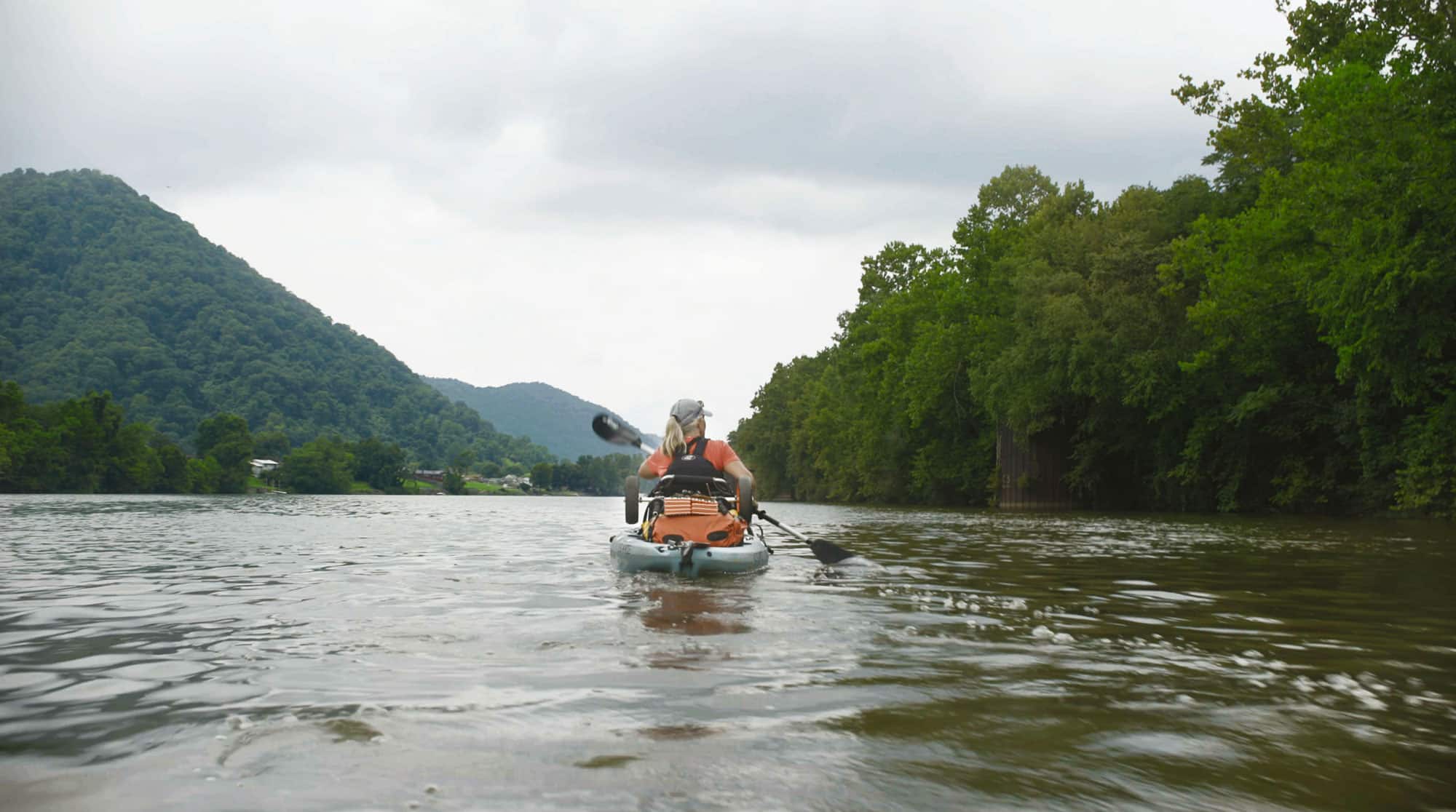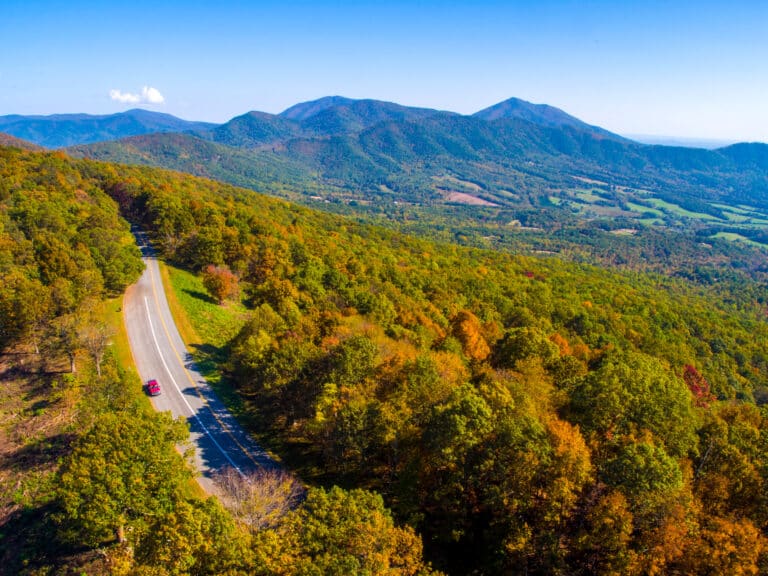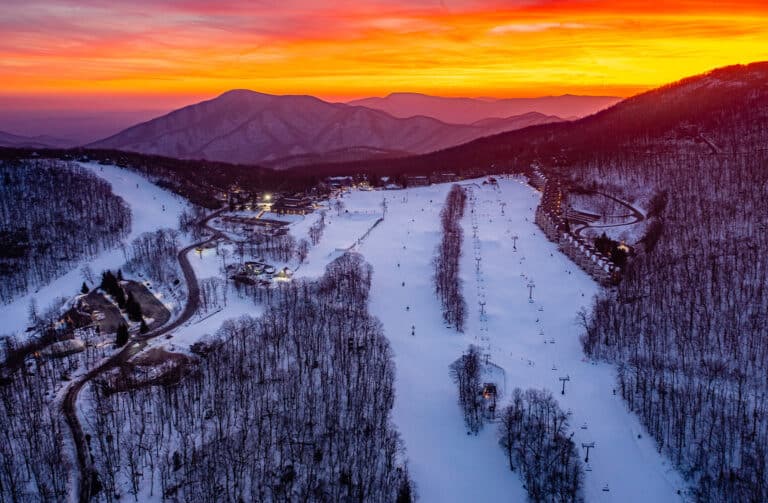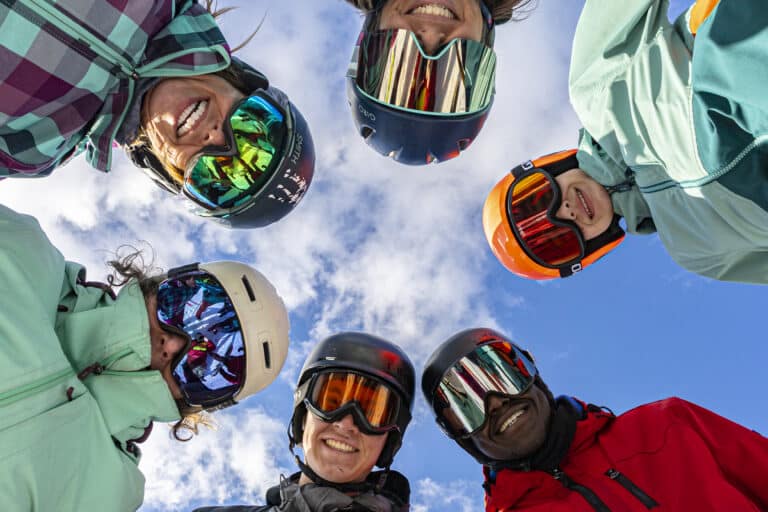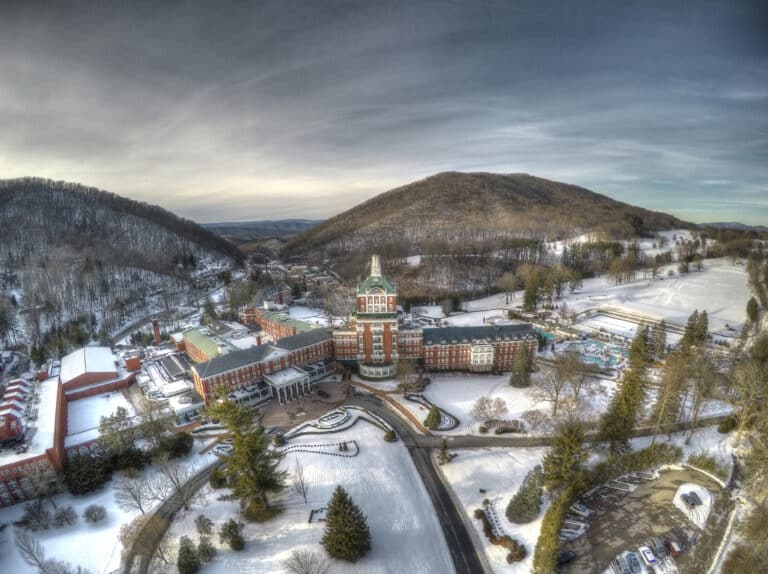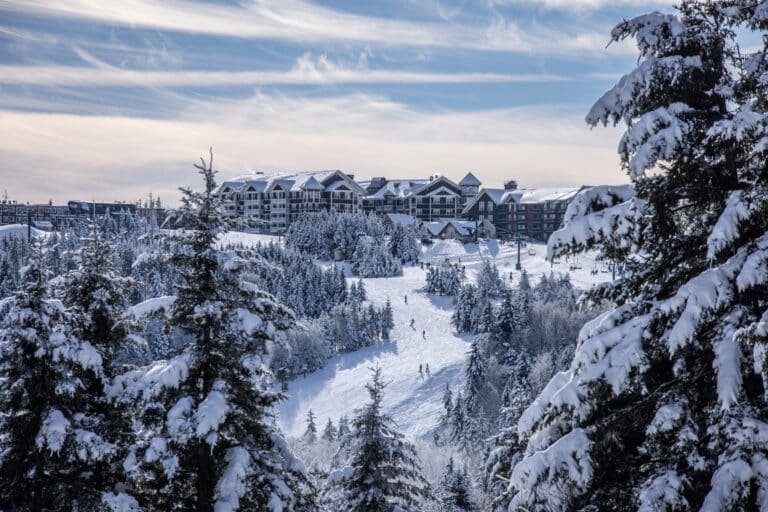Water Warrior
Barges, blisters, broken boat parts, and a busted tailbone didn’t stop 57-year-old Ann Rose from completing an epic 2,000-mile paddle from North Carolina to the Gulf of Mexico. The off-grid organic farmer embarked on the journey to raise awareness about water and climate.
Rose has been concerned about health for her entire life. She was a nurse for more than a decade, but she began to feel like she was never fully helping anyone. “I was treating the symptoms rather than addressing the root causes of my patients’ issues,” says Rose.

She switched to organic farming, hoping that she could be of greater service by nourishing people with fresh, local, organic foods. For 15 years, she fed her community, until five years ago when her main water source started drying up. The climate crisis was hitting home.
Rose had to do something. Her farm was running out of water and money. So at age 57, she decided to paddle 2,000 miles from her North Carolina farm to the Gulf of Mexico to raise awareness about water and the climate crisis.
Rose began her paddle on July 7 on the New River near her off-grid organic farm in Lansing, N.C. She arrived at the Gulf of Mexico on Friday, September 27—the same day that Hurricane Helene hit and destroyed her hometown in North Carolina.

During her paddle, Rose took water samples each day. Initially, along the New River in North Carolina and Virginia, the water quality readings were 75 or higher (on a scale of 0 to 100). Below the coal facilities along the Kanawha River, the water quality scores dropped below 50. They continued to decline for the rest of the trip and never rose above 30 along the Mississippi River.
Soon after she reached the Gulf, BRO talked with Rose about the highlights and heartbreaking moments from her journey.
BRO: What was a typical day on the water?
AR: I would wake up around 4am, make coffee, and boil water for oatmeal. I was often on the water before daylight. The first couple hours were always incredible: the birds come to life. I would paddle through the morning, stop for lunch around 11 or noon, and sometimes sneak in a power nap. Then I would paddle through the afternoon and start looking for possible takeout spots around 5 or so.
It was sometimes tough to drag a boat out of the water that was loaded up with 100 pounds of gear. I needed to find places along the riverbanks with gentle slopes.
One time I got myself into one situation where I couldn’t find a place to camp. It was an endless industrial area with big cement walls, so I just kept paddling into the dark. Finally, I paddled up a tributary and found a spot. But I could hear the factory noise all night and barely slept.
BRO: Did you have any visitors along the way?
AR: My 79-year-old mom drove down to visit me. Every couple of weeks, a film crew would meet up with me. And for a while, friends would meet me at certain spots along the river. But seeing them started to make me feel homesick, so I limited the number of visitors. I had to stay focused and not let my mind start thinking about all the people that I dearly missed. The emotional part of being away from the people I loved for 81 days was probably the toughest part of all.
BRO: What were some memorable moments?
AR: I was born in a small town in Ohio, and I paddled past the hospital where I was born. That was pretty cool. And the wildlife sightings were amazing: bald eagles, osprey, kingfishers, herons, and at night, the owls.

BRO: What were some of the saddest scenes?
AR: Paddling the Mississippi was absolutely heartbreaking. The water quality was so bad that I made every effort not to touch the water. The Coal Hole at the bottom of the Mississippi River was probably the most depressing part. There are six ports where all the petroleum is exported overseas, and the tanker traffic is overwhelming. The toxic algal bloom near Louisville was sad, too.
BRO: What did you eat along
the way?
AR: I had hoped to fish, but the water quality became unhealthy early in the paddle. Unfortunately, I ended up eating a lot of freeze-dried meals.
BRO: What challenges did you face?
AR: I faced challenges almost right away. I chipped my tailbone while paddling the New, and then the rudder pedal on my boat broke just a few weeks into the trip. Toxic algal blooms on the Ohio River near Louisville forced me off the water for a few days.
But the biggest challenges were probably the barges. At the convergence of the Big Sandy and Ohio Rivers, I was nearly crushed between two barges coming in both directions. Another time on the Mississippi River, the current nearly swept me beneath a fleet of barges. I was paddling with everything I had and telling myself, “Be stronger than the current!” It was really close.
Nearly all the barges I encountered were hauling materials out of the country—minerals, rocks, coal, gas. We ship away all our basic minerals, and then they ship back plastic crap made from those minerals.
BRO: What was the final day like?
AR: I was crying for the final few miles. After I passed mile marker zero on the Mississippi, I climbed up on the mile marker platform to celebrate and screamed a few profanities.
I finished my journey on the same day that Hurricane Helene was ravaging North Carolina and destroying my hometown. After I finished the paddle, I tried to call my mom, but I couldn’t get cell signal because Hurricane Helene had already knocked out service. The extreme weather—drought, and then hurricane—reinforced the climate crisis message that this whole paddle was about.
BRO: What do you want people to take away from this paddle?
AR: Don’t wait too late to follow your dreams. I wish I would have done this when I was 30. And take care of our precious water. Keep it clean and available to everyone. Water is the backbone of life, and how we are treating it has to change.
Paddling every day forced me to slow down. While I was paddling, it occurred to me that my grandparents rode a horse or wagon. Their life was so much slower. We don’t realize how new and consumptive our fast-paced modern life is. If we don’t use less and live within our means, the instability of climate change will get even more profound.
Learn more about Rose’s paddle and watch a trailer for the upcoming documentary film about her journey on Instagram: @Riverwarriordocumentary2024.
Cover photo: Rose traveled with 100 pounds of gear on her 2,000-mile journey. All photos courtesy of Rose
